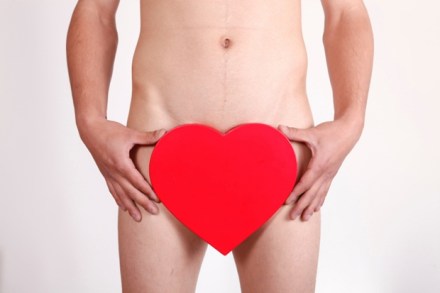Welcome to the age of self-love
Remember when masturbation was something everybody did but no one talked about? It was not most people’s idea of a conversation starter. Certainly nobody boasted about being a self-abuser. It was seen as a sorry substitute for sex, a sad stand-in for intimacy. Not any more. Masturbation has been reinvented as ‘self-love’, a healthy and positive form of self-exploration. Where once schoolboys were told it was a sin, now they’re told it is essential to good health. An NHS leaflet distributed in schools advised teens to masturbate at least twice a week, because ‘an orgasm a day’ is good for cardiovascular health. The BBC is getting in on the act,





















